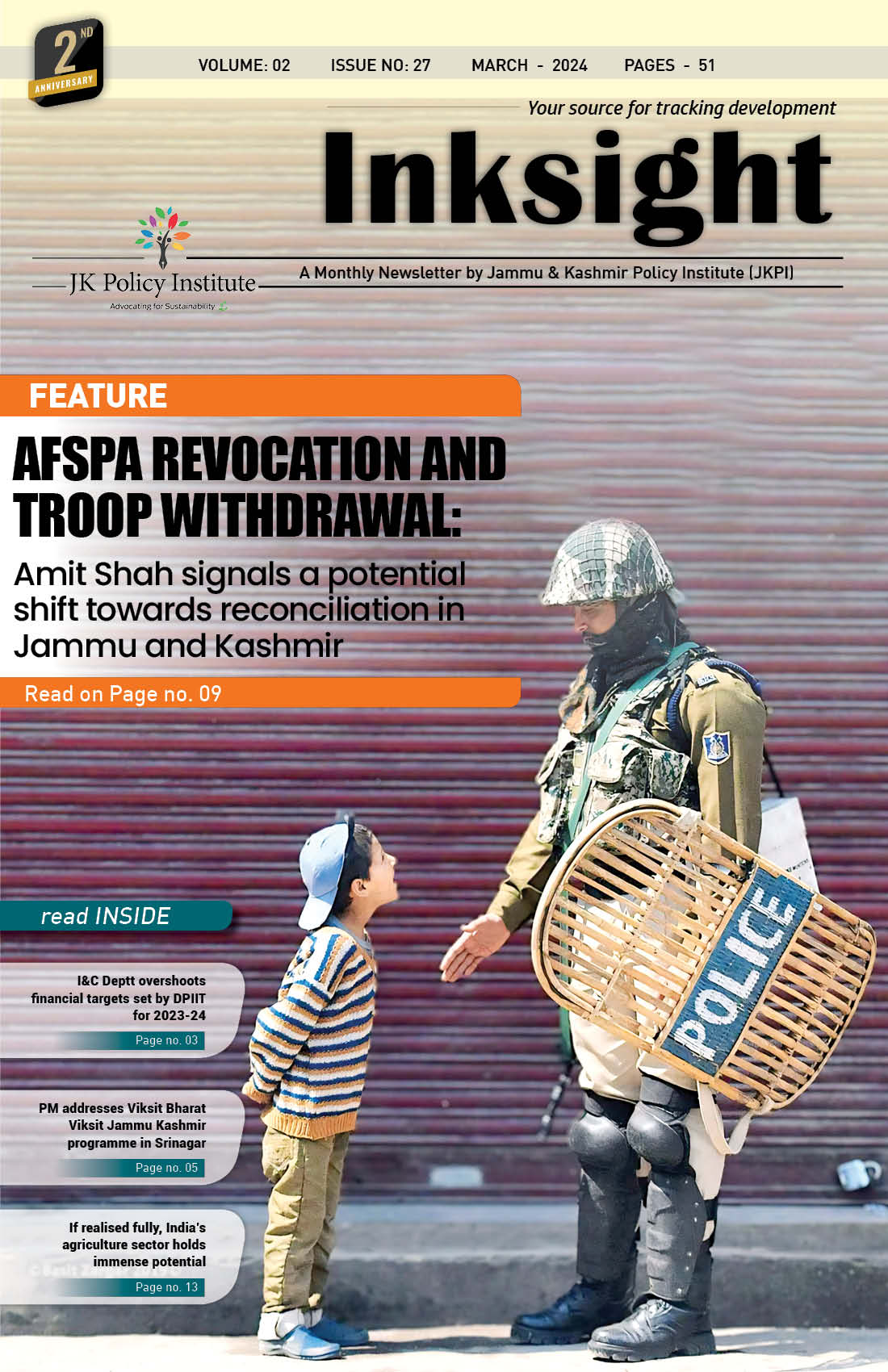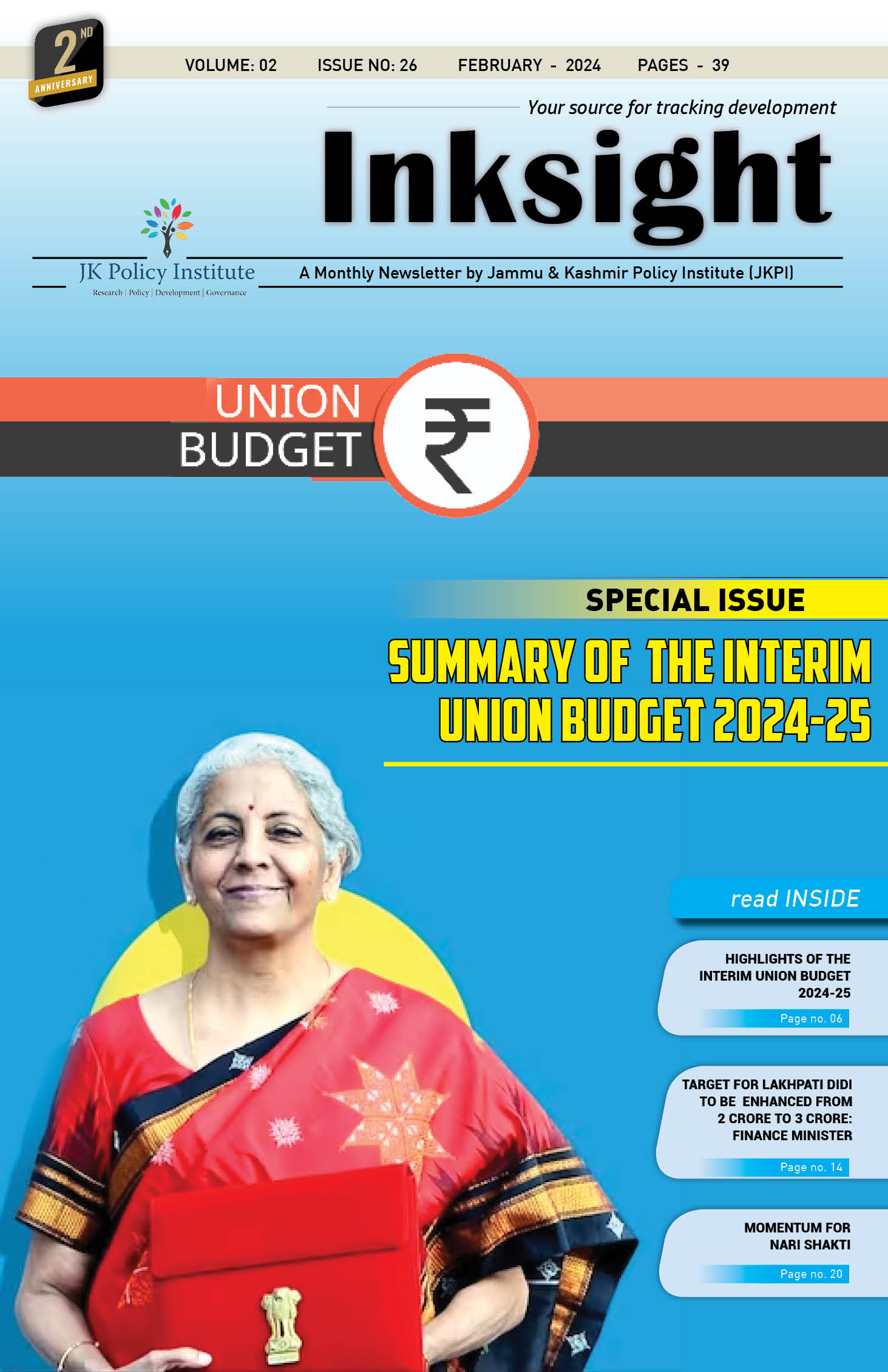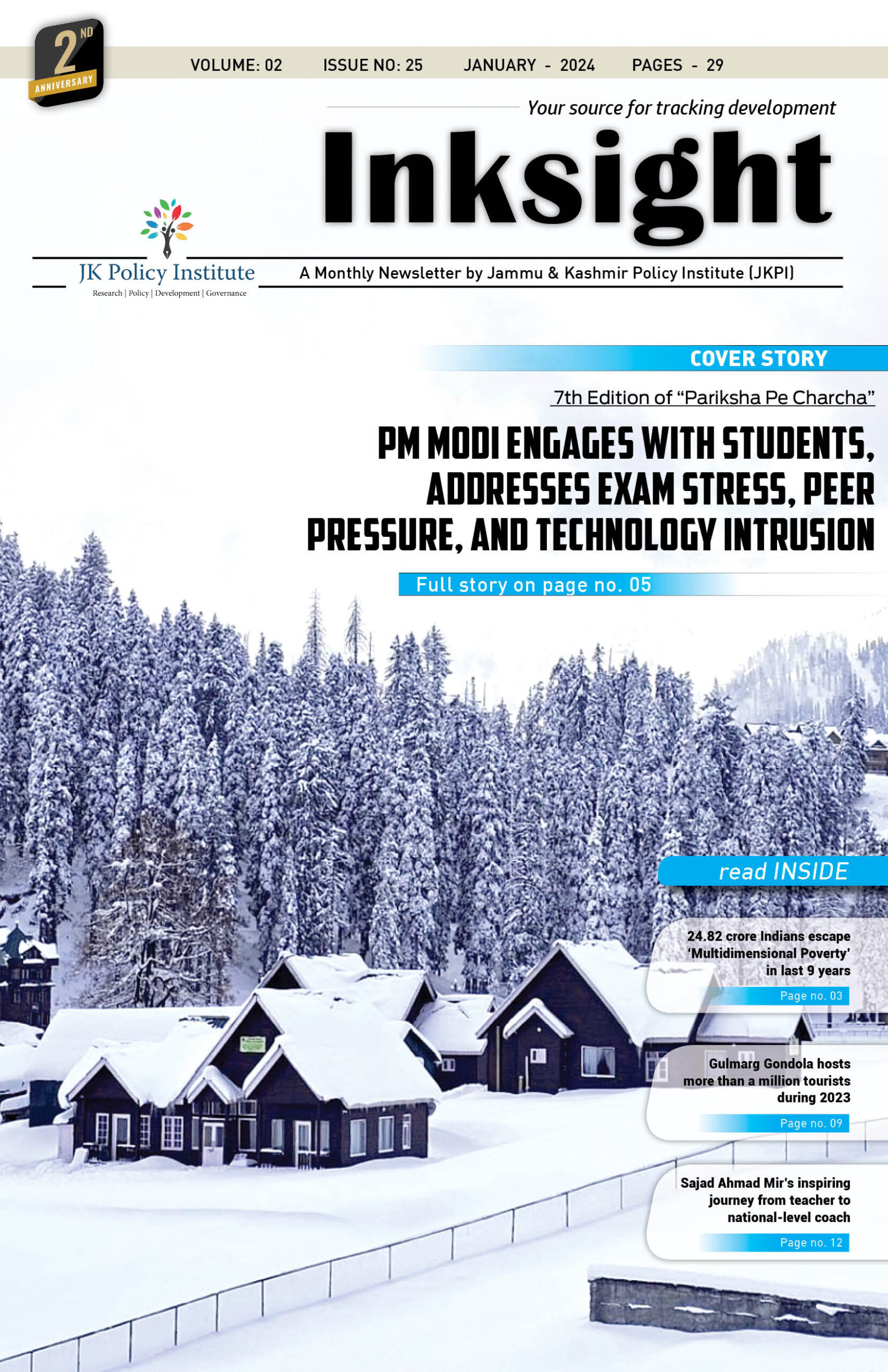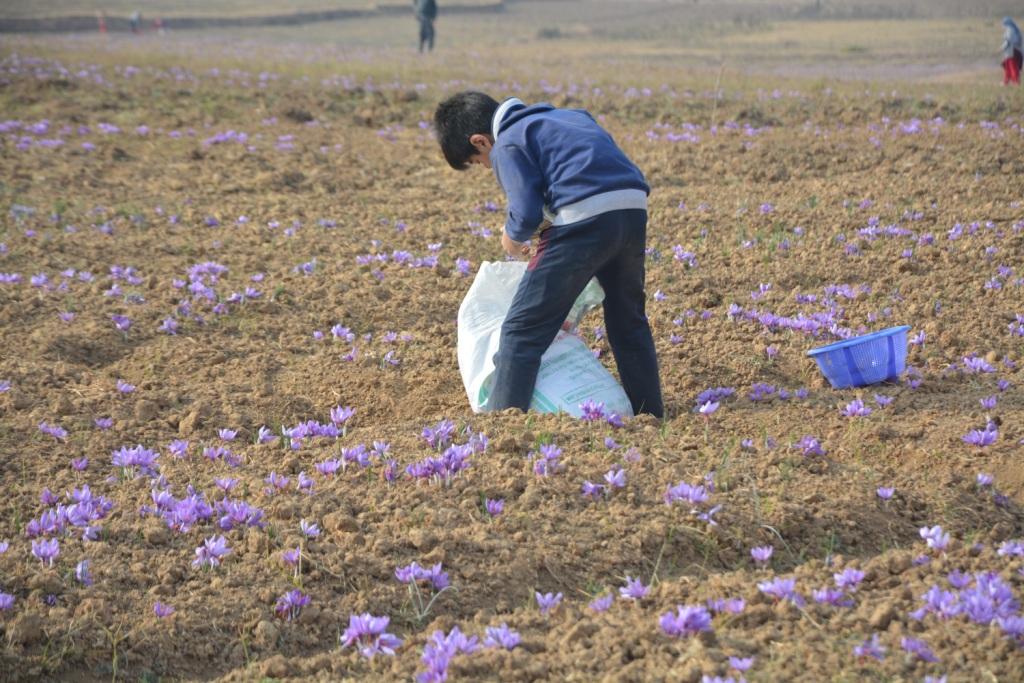The Government of India has been successful in allaying the fears and doubts, related to land and cultural identities, of other communities and regions in the country; so, there is no reason why similar fears and doubts of the people of J&K and Ladakh should not be addressed.
Javaid Trali
In the 1950s and 1960s many people living in what was then Yugoslavia felt pride in having stood up to the Soviet Union in 1948 and in creating a new economic system. Yet in the 1990s, most people in Yugoslavia felt that their identities as Serbs, Croats, Slovenes, Muslims, or Bosnians were more salient than their identity as Yugoslavs. This sharpening of identity and ethnic divide, primarily springing from actual and perceived fears, which of course were also manipulated and further magnified by politics, resulted in a lot of bloodshed, and ultimately the former nation-state gave birth to seven different countries.
Though wars have been fought over identity issues in the past but towards the end of the 20th century and in the early years of the 21st century, the identity conflicts became commonplace. No wonder, identity issues act as major drivers of the ongoing conflicts raging across the globe. Be it the conflicts in West Asia (or East and Southeast Asia) where major religious communities or even different sects of the same faith community are pitted against each other, or the face-offs between the immigrants (from many places) versus locals in major parts of Europe, or the traditional strife between different religious groups in South Asia.
The Russian–Chechen conflict, the recent resurgence of hostilities between Armenia and Azerbaijan over Nagorni-Karabakh region serves as an example of an ethnic (identity) conflict with territorial dimensions, expressed in secessionism.
All people and groups are driven to fulfill certain basic and universal human needs; recognition, security, and identity. Some theorists and practitioners believe that the frustration of basic human needs underlies many social conflicts. Since such needs are non-negotiable, they argue, an inability to fulfill these needs often leads to intractable conflict. Other theorists and practitioners stress the cultural variability in the way needs are understood and satisfied.
Zooming in on identity issues in Kashmir
We also have our fair share of identity issues in Kashmir, providing motivation and justifications for various parties and actors concerned to do what they have been doing for the most part of the sub-continent’s post-Independence history. It could be argued that, owing to these identity issues, the conflict in and over Kashmir has become intractable, a self-perpetuating vicious cycle of hurt and strife, which has been consuming human lives and destroying livelihoods, and sowing fresh seeds of mistrust and hostility between different communities within and without.
Real or perceived inequalities and fears, it needs to be noted, turn ethnicity into a political instrument for channeling ethnic-based interests and needs. Once a group feels that its ethnic identity, needs and interests are threatened by the “dominant ethnic other”, it seeks ways to defeat this threat.
In a place like Kashmir, certain external actors (people outside the identity group — Pakistan as a collective, and different individual actors within that country. Of late, the elements within mainland India too have been trying to influence what is happening here) are working actively and overtime to “promote particular interpretations of history, economic relations, or (and even) God”.
In the words of Louis Kriesberg (Constructive Conflicts: From Escalation to Resolution) “they promulgate their views and transform social relations, as has happened with secular and religious revolutions and social movements. They also influence everyone’s sense of identity, if only in opposition to the spreading of new world-views.”
This is exactly what has happened in Kashmir. The identity-driven fear and suspicion among the dominant Kashmiri-speaking Sunni Muslims were stoked and magnified to the extent that they embarked on a path to reconstruct and reassert their socio-religious and political identities. This obviously involved certain kind of militant rhetoric and politics, which drastically altered their interactions and relationships not only with other communities – Kashmiri Pandits for instance – but also with their own sense of being. Traditions, beliefs and rituals, which had nothing to do with Islam and the Muslims, but everything with the Wahabi-Arab culture, were imported here in the wrappers of a certain religious-morality. This again created conditions and so-called justifications for violence against the “other” – those who were seen as not subscribing to or opposed to the ideology and beliefs as propagated by the “dominant group”. However, I would be remiss if I did not mention that we have, collectively, as a society, not engaged with these changes, not to speak of trying to deconstruct and decipher the larger machinations and conspiracies it had.
It is unfortunate that Kashmir is once again drawn into a realm of, identity-driven, fear and suspicion.
For understanding the identity conflicts, awareness of certain factors is particularly important. Protracted conflicts are made possible by enduring identities, often based on ascribed characteristics. Thus, “the protracted nature of many ethnic conflicts depends on the persistence of the ethnic groups, deriving from socialization within the group and from suffering resulting from discrimination and exclusion by other ethnic groups.” For example, the survival of Jews as an ethnic group, even without a single territorial base, has derived from socialization within the community about Jewish religious and cultural qualities and from external anti-Semitism.
Again Kashmir is no different. And what in fact complicates the matters is that people here possess the land which they call their own, and their ownership to it had until recently been preserved and safeguarded by the laws and constitutional arrangements (Article 370 and Article 35-A, and different local land laws).
Now spare a thought for the primacy or importance of certain identities over others. Persons and groups have multiple identities, but the identities are not all equally significant to them. “Conflicts related to highly significant identities (say of religion, land or region) have a tendency to persist, since threats to those identities are not easily put aside,” says Terrell A Northrup (The Dynamic of Identity in Personal and Social Conflict in Intractable Conflicts and Their Transformation).
“Particular pieces of land (or a whole of it) can be key elements of identity, whether they are the village, region, or country of birth and ancestral attachment. When land is a key focus of identity, struggles over that land can become protracted. This is often the case for aboriginal peoples in territories controlled by later settlers.”
Identities are like concentric layers of an onion – once they are fiddled with, they bring tears to our eyes!
The land has all along been a central element of people’s ethnic identity – perhaps more in Kashmir and Ladakh than in the Jammu region, where religious kinship seems to have taken precedence or ethnicity vis-à-vis people’s relationship with mainland India.
The decision of the Central government authorizing any Indian citizen to buy and own land in Jammu and Kashmir has once again brought people’s identity issues here to the fore. Politics happening over the developments is aggravating these fears, which is in nobody’s interest.
Drawing again from Kriesberg’s articulation on non-compromising identities, it needs to be understood that the “nature of the collective identities also affects the difficulty in reaching an accommodation between conflicting groups”.
“Members of groups with identities that place a high priority on being honored and being treated with deference may have difficulty making compromises for or respecting other groups. Furthermore, some self-conceptions relating to ideas of sovereignty, authority, and legitimacy constitute barriers to the successful settlement of a conflict.”
Religion, language and culture, even geography has been and is a factor, as are a multitude of other reasons including the political manipulation of the situation by external elements in both immediate as well as distant neighborhood. Add to it the lack of trust, say between Srinagar and New Delhi. All these factors together make a case for carefully evaluating the pros and cons of each and every move by the parties concerned. The Government will have to be very careful in handling the current situation and not allow power-hungry politicians and other spoilers to exploit the situation. It should also make sure that the move is not seen by the people as a threat to their unique regional or socio-religious identities.
The Government of India has been successful in allaying the fears and doubts, related to land and cultural identities, of other communities and regions in the country by guaranteeing them legal and constitutional protections; so, there is no reason why similar fears and doubts of the people of J&K and Ladakh should not be addressed.
On the other hand, people also have to understand that in an age and era of cosmopolitanism, while they have every right to consider their land as an important marker of their identity, but they cannot afford to cling on to it obsessively to the extent that no non-native could (should) buy and own it even when they themselves are free to buy and own land anywhere else in India, and possibly outside India as well.
(Views are personal)





Leave a Reply
You must belogged in to post a comment.